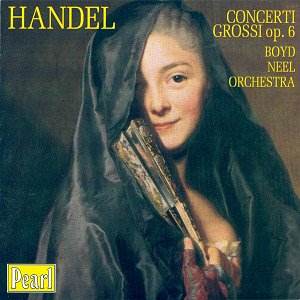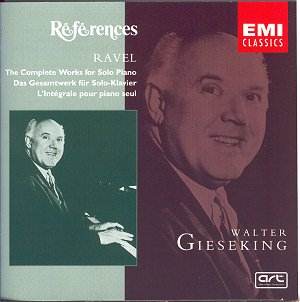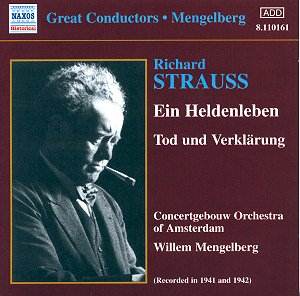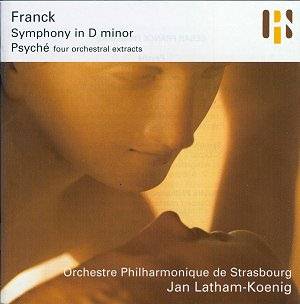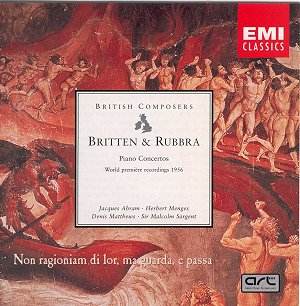 Composer: Benjamin Britten
Composer: Benjamin Britten
Works: Piano Concerto (1938), Prelude and Fugue for 18-part string orchestra (1943), Edmund Rubbra: Piano Concerto (1956)
Performers: Denis Matthews (piano), Jacques Abram (piano), BBC Symphony Orchestra, Philharmonia Orchestra, Royal Philharmonic Orchestra, Norman Del Mar, Herbert Menges, Sir Malcolm Sargent
Recording: Kingsway Hall, London, 30 Aug 1956; Abbey Rd, 25 Jan 1956; Studio 1, Abbey Rd, 9 July 1964
Label: EMI
Benjamin Britten’s contributions to the piano concerto repertoire are often overshadowed by his operatic and choral works, yet they merit attention for their distinctive voice and structural ingenuity. The present disc not only resurrects the long-forgotten first commercial recordings of Britten’s Piano Concerto and Rubbra’s own concerto but also situates them within a rich historical context. Completed in 1938 and subsequently performed by the composer himself, Britten’s concerto reflects the burgeoning modernist trends of the era, characterized by a vibrant interplay of dissonance and lyricism. Rubbra’s 1956 work, commissioned by the BBC, is a contemplative piece that, while steeped in British idiom, hints at broader influences, including those from Indian classical music, of which Rubbra had some exposure through his dedication of the work to the eminent musician Ali Akbar Khan.
The performances featured on this disc are commendable, particularly the interpretations by Denis Matthews and Jacques Abram. Matthews’ playing, with the BBC Symphony Orchestra under Sargent, encapsulates the lyrical beauty and rhythmic complexity of Rubbra’s concerto. His control over dynamics and phrasing allows for a nuanced exploration of the work’s more introspective moments, embodying the spiritual essence Rubbra sought to convey. The string section, while exhibiting some artifacts of age—such as a slight harshness in climactic moments—still delivers a well-blended sound that supports Matthews’ lyrical lines effectively. In comparison, Malcolm Binns’ rendition from the 1970s offers a more robust orchestral backdrop, though it lacks the same delicate touch evident in Matthews’ interpretation.
Britten’s Piano Concerto, performed here by Jacques Abram with Herbert Menges conducting the Philharmonia Orchestra, receives an invigorating treatment. Abram’s energetic articulation captures the concerto’s restless spirit, navigating its complex rhythmic structures with impressive agility. The collaboration with Menges reveals an orchestra that is both responsive and vibrant, particularly in the frenetic outer movements, which pulsate with life. However, the heart of the concerto—the Andante Lamentoso—demands emotional depth, which at times feels elusive. While Abram excels in technical brilliance, the more introspective passages could benefit from a greater sense of yearning, which has been more fully realized in other notable recordings, such as those featuring pianists like Stephen Hough.
Sound quality across the recordings varies, as expected from performances captured in the mid-20th century. However, EMI’s engineering does a commendable job of presenting a clear soundstage, allowing the listener to appreciate the intricate interplay between piano and orchestra. The Prelude and Fugue, though somewhat overshadowed by the concertos, is infused with Britten’s signature blend of angularity and lyricism, brought to life by Del Mar’s keen direction. The string orchestra’s performance brims with energy and precision, establishing a compelling contrast to the more expansive emotional landscapes of the concertos.
This collection stands as a significant contribution to the catalog of British piano concertos. It not only revitalizes lesser-known works but also showcases the interpretative strengths of its performers. Britten and Rubbra’s distinct musical languages, though diverging in style, share an underlying commitment to exploring the human condition through their compositions. With well-executed performances and thoughtful programming, this disc will certainly appeal to aficionados of 20th-century British music, offering both historical insight and an engaging listening experience that illuminates the rich tapestry of the era’s piano concerto repertoire.
